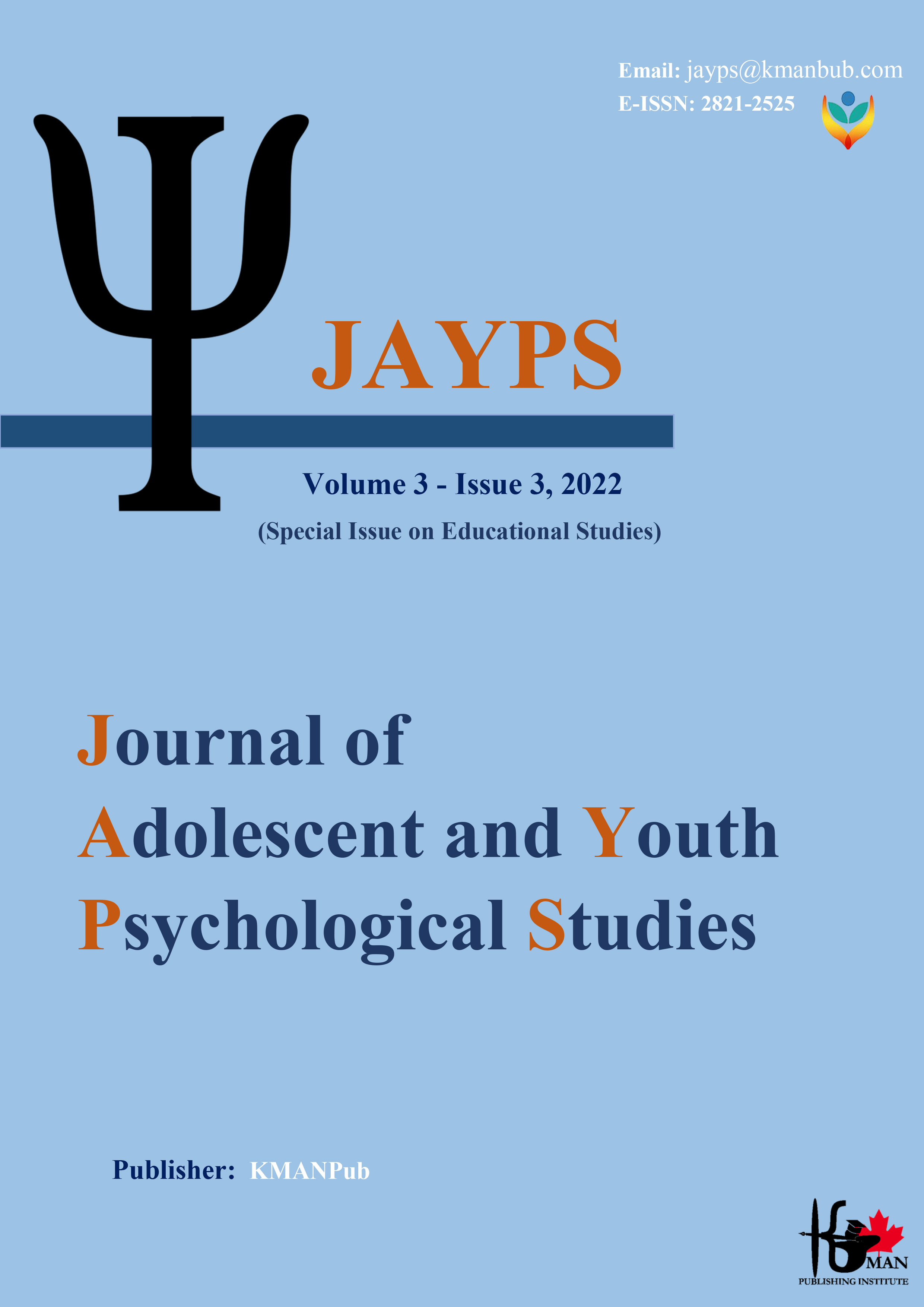Development of a package of reality-oriented acceptance and commitment therapy (RACT) and comparing its effectiveness with cognitive behavioral therapy (CBT) on procrastination, self-efficacy and academic competence of students with academic burnout.
Keywords:
Acceptance and commitment, realistic, cognitive-behavioral, procrastination, responsibilityAbstract
Background and Aim: Several factors affect students' academic performance. Some of these factors improve academic performance and others weaken the performance of learners; Therefore, the aim of the present study was to determine the effectiveness of the realistic acceptance and commitment therapy package compared to cognitive behavioral therapy on procrastination and responsibility of teenage girls. Methods: The current research was semi-experimental with pre-test and post-test with a control group and a two-month follow-up; And the statistical population of the research was all secondary school girls of the 5th district of Isfahan in 1400, after screening with the academic burnout questionnaire, 45 adolescent girls were selected in an accessible way and in the experimental group of realistic acceptance and commitment therapy package (15 girls), the experimental group Cognitive behavioral therapy (15 girls) and control group (15 girls) were randomly replaced. The experimental group received the researcher-made realistic commitment and acceptance therapy package, and the experimental group received cognitive behavioral therapy for eight 90-minute sessions, and the control group did not receive any intervention; All three groups responded to Tuckman's procrastination questionnaire (1991) and California accountability (1951) in three phases: pre-test, post-test and follow-up. Data were analyzed using repeated measures mixed analysis of variance. Results: The results showed that the treatment package of acceptance and realistic commitment on the score of procrastination (F=8.09, P=0.007) and responsibility (F=9.40, P=0.004) and cognitive behavioral intervention on the score of procrastination ((F = 5.51, P = 0.024) and responsibility (F = 9.11, P = 0.005) is effective and this effect was stable in the follow-up phase. Conclusion: The results of the research suggest evidence that the intervention of the researcher's realistic acceptance and commitment therapy package and cognitive behavioral therapy is a suitable method for increasing responsibility and reducing procrastination in teenagers.
Downloads
Downloads
Published
Issue
Section
License

This work is licensed under a Creative Commons Attribution-NonCommercial 4.0 International License.









